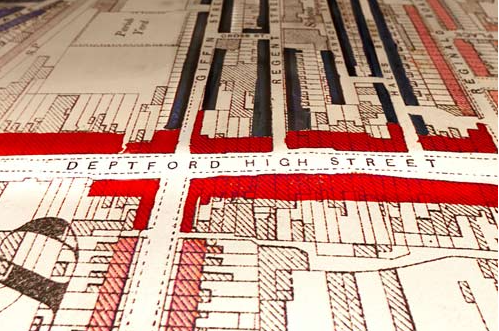1/ I rewatched the Deptford episode of @BBC ‘Secret History of our Streets’, for the first time since 2012, and realised I’ve come full circle with my PhD research and the LCC’s post-war activities https://www.bbc.co.uk/blogs/tv/2012/06/secret-history-of-our-streets.shtml
2/ My family are SE Londoners for generations and I was brought up amid family, neighbours, etc. who were still angry about what happened to their homes and neighbourhoods in the post-war years. How planning and architecture effects people’s lives began to interest me
3/which led me to the LCC. The anger and sense of powerlessness that had been caused by CPOs, slum clearance, flats etc. seemed part of London’s ‘folk memory’, and I wanted to know if this was true: Why did this happen? Were people ever consulted?
4/In my research, I have learned so much about the wider picture of London planning, the LCC’s intent, etc. But now, as I am writing up, I find myself returning to the trauma and upset still felt by people and the Deptford episode of ‘Secret History of our Streets’
5/really captures this. The sense of sadness and resentment at your home being classed as a ‘slum’ is described in the episode, and was something I had tried to forget whilst doing my PhD, to challenge myself from the stories I was brought up with.
6/ but the ‘folk memory’ of the post-war clearances is still so strong in London and I have found this featuring in my PhD more than I had intended, as well as the hurt and distress caused.
7/I had tried to remove myself, where I’m from, and my upbringing from my research, and ignore the emotive side of housing, slum clearances, etc. but have failed. Of course that it just one side of the argument,
8/ but what is powerful about the ‘Secret History of our Streets’ programme is that it contains resident’s voices: so often ignored in the story of their own housing. End of PhD ramble.

 Read on Twitter
Read on Twitter


